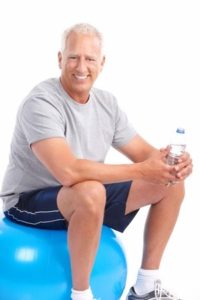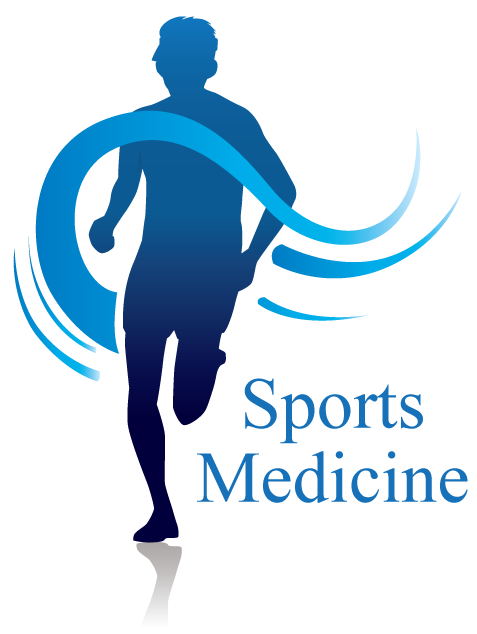Sports Hernias Past 50
 Although Sports Hernias are mostly associated with athletes in their prime (ages 24-40), this painful condition can occur in teenagers and those over the age of 50. Theses injuries do not discriminate based on age.
Although Sports Hernias are mostly associated with athletes in their prime (ages 24-40), this painful condition can occur in teenagers and those over the age of 50. Theses injuries do not discriminate based on age.
While the main cause of developing a Sports Hernia is repetitive, rapid changes in direction while playing sports, age can assist in causing the issue as well. Why? Because a Sports Hernia tends to develop when a weak spot in a muscle gets stressed and rips. This damage creates pain and weakness. A Sports Hernia feels like a sharp pain in the lower abdomen, groin, thigh or testicles (in men). This pain gets worse when playing sports, exerting energy or exercising, and can also be felt while lifting or during a cough, laugh or sneeze.
The beginning symptoms of a Sports Hernia will often start with pain in the lower groin or abdomen. It very well may go away with rest, but it will return when regular activities and sports are resumed.
One of the best Sports Hernia specialists in the country, Dr. William Brown, has been researching and repairing Sports Hernias for nearly two decades. Dr. Brown has been the surgeon for the San Jose Sabercats, the San Jose Sharks, and the San Jose Earthquakes—as well as many athletes from the NFL, AFL, NBA, NBL and the United States Soccer League. Also, many patients that Dr. Brown treats are over the age of 50, and have been active throughout their lives. Many were athletes, and even though they may be healthy and in good physical condition, the aging process has affected their body. Their muscles have stretched and weakened, which increases the risk of Sports Hernia development.
For older adults who don’t tend to use their muscles as much, the abdominal muscles can become more susceptible to tearing. Tears can result from nearly anything, including regular exercising or playing sports.
So, since the muscles weaken as we age, what’s the best preventative to prevent a Sports Hernia?
For one, individuals should always stretch before any exercise. This will help muscles stay elastic. Another thing to do is to maintain a strong core. Although even younger athletes in top shape can develop a Sports Hernia, having a very strong core is a great measure to take to stop this injury from happening. It’s also smart to have regular physicals, eat well, maintain a healthy weight and refrain from smoking. For older individuals, it’s also important to remember to lift heavy items with the legs, not the back.
If you believe you or someone you know may have a Sports Hernia, it’s important to contact a Sports Hernia specialist right away to seek appropriate diagnosis and treatment. By doing so, you help yourself avoid prolonged and unnecessary pain and recovery. No matter your age, you don’t have to be in pain because of a Sports Hernia. Please contact Dr. William Brown with any questions or to schedule an appointment.

This site is a wealth of information. I would like to echo your thoughts on mesh-assisted repairs.. it’s a bad idea and most medical professionals would advise against it. I’m in the legal profession and we’re seeing an alarming number of cases on this topic. In any event, thanks for the helpful info!